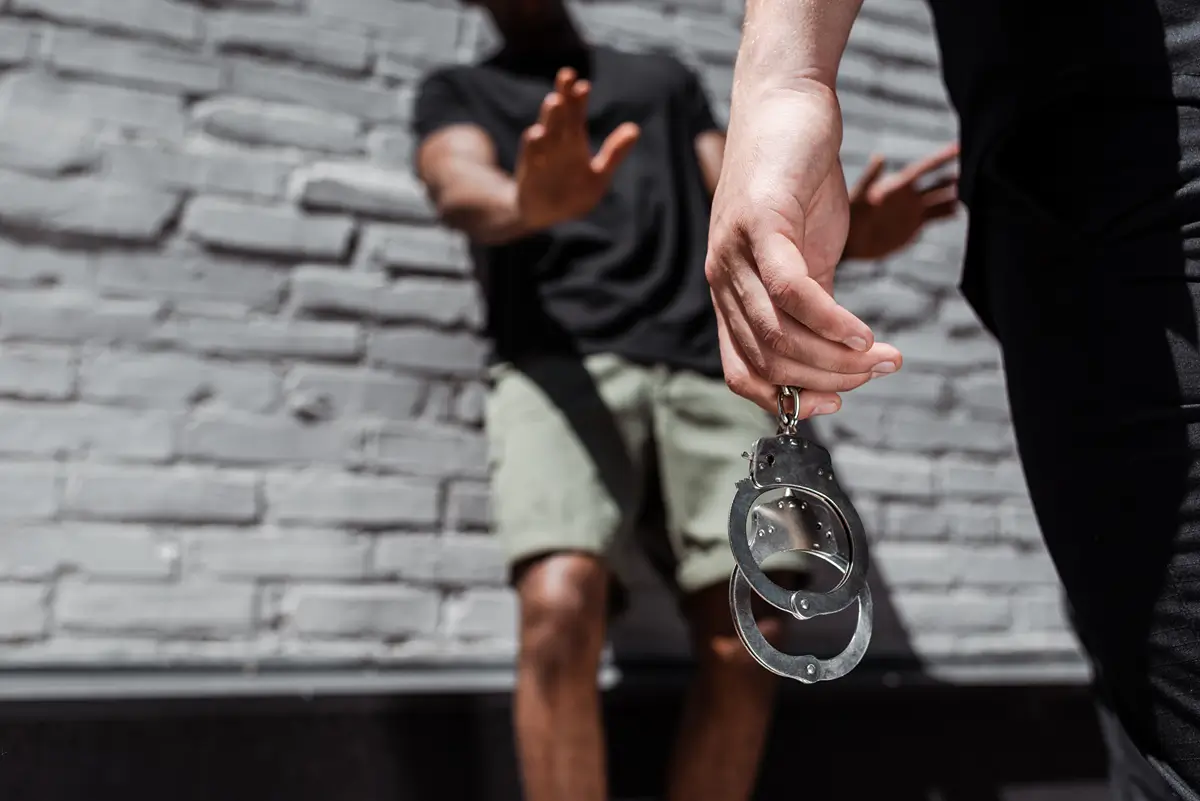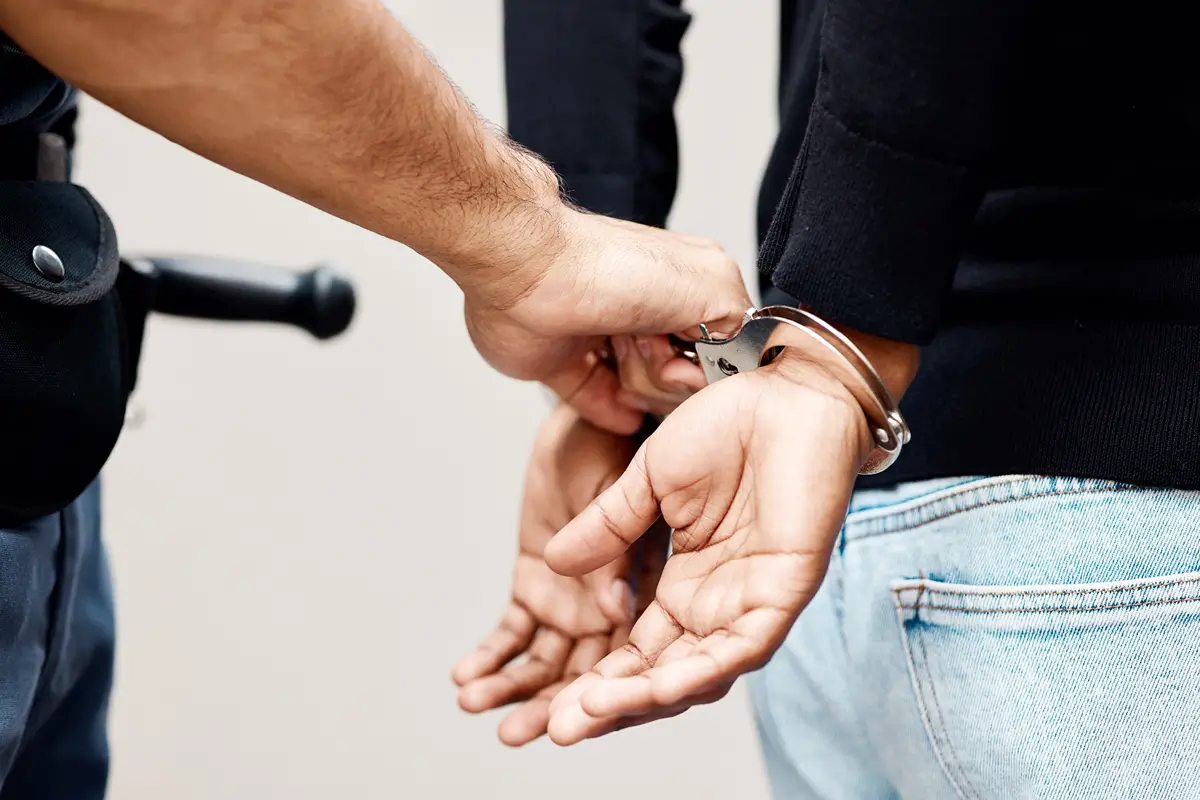Where did the idea of juries come from? Most people don’t know the origin of this important aspect of the legal system which has evolved into being a critical civic duty. The fact is that the concept of the jury has been around since the earliest form of civilization.
Historic Overview
Juries began as an ancient tribal concept when humans banded together for their own safety. If someone broke the rules a jury would form to consider the fate of the person who broke the “rules.
Moving forward to ancient Greece and Rome, juries became a function of the senate and local councils. If a crime was committed, the respected members of society – those members of the senate and council – would get together and determine if a crime had happened. They would then have to determine if the accused person committed the crime and, if so what the punishment would be.
The modern adaptations of the jury evolved from the English system which is the foundation for the American system. The 6 – 12 men jury came about during the reign of Henry 2nd around 1066. During this period, Juries of Presentment, as they were called were “self-informing,” meaning it heard very little evidence. Someone would testify under oath that so-and-so stole the Smith’s chicken and that was enough to convict a person of the crime.
The real shift to more contemporary versions of the jury came with the institution of the Magna Carta, which was the first codification of what a real jury would look like. While its original intent was to protect nobility, it established a constitutional right to a jury. American colonists were English subjects and effectively copied what they had in England.
Different Types of Juries
Several types of juries exist in our country. Most people have heard of Grand Juries but may not know what a Grand Jury does. I’ll clarify the Grand Jury role as well as review the most common form of jury known as a Petit Jury.
Grand Jury: The early foundation of how juries were formed is based on the idea that all the learned men or men of good character would come together to decide if a crime really happened. This idea survives in the current Grand Jury process. It is the Grand Jury’s role to determine if a crime happened. Convening a Grand Jury takes a lot of time. All criminal prosecutions in federal court are brought by a Grand Jury which means. that the person being indicted was in fact responsible for committing the offense.
The prosecution controls the entire Grand Jury process. There’s a joke in the legal community that says, “The Grand Jury would indict a ham sandwich if the prosecution asked them to.” It’s a one-sided process. The prosecution decides on what witnesses to call, what evidence to present and what charges the Grand Jury are to consider.
Petit Jury: A Petit Jury is the most common type of jury. It’s what most people are familiar with seeing on TV. It is a jury composed of 12 people that hears a given case. They listen, they take notes, and then deliberate about what they’ve heard and come to a verdict. When you get called for jury duty, it is a Petit Jury.
Coroner’s Jury: A Coroner’s Jury is an archaic form of jury convened to try to establish the cause of death when a body is found in questionable circumstances. For instance, if a coroner looks at a body that is riddled with bullet holes, the Coroner’s Jury would be impaneled by the coroner to establish if the death was a homicide or an accidental death. It is still used in homicide cases where the government is in some way involved. However, the Coroner’s Jury hasn’t been used since the 1950’s. It is in effect a historical novelty
Civil and Criminal Juries In Indiana
It is a constitutional right that all cases brought to court in the state of Indiana are entitled to a jury, be it a criminal or civil case. Both defense and prosecution are entitled to have their case tried by a jury. We also approach criminal and civil juries differently than felony juries and misdemeanor juries.
Because jury trials are very time consuming, many people in the state of Indiana, will waive their right to a jury trial as part of a strategy in a plea agreement. For instance, this is often done if it is a case that could result in the death penalty because Indiana still has the death penalty on the books though we don’t use it. But in a case where the death penalty could be called for, someone could negotiate not to have a trial if the death penalty is taken off the table. It’s also important in these cases to be aware that the State has a right to insist on a jury trial.
Jury Duty
Being called for jury duty is both an incredible sacrifice and commitment, but it’s so incredibly important. It doesn’t take much to be charged with a criminal offense in Indiana. In fact, probable cause is enough to get the process rolling. All someone has to do is accuse a person of a crime base on hearsay, which can cause an innocent person to be imprisoned and require them to pay large sums of money for legal defense. It can turn a person’s life upside down to be accused of a crime that they did not commit.
Being a juror is incredibly important. It is truly one of the most important civic duties we have. Even if you are never selected to sit on a jury, showing up for jury duty is incredibly important.
If you need trial attorneys, get in touch. We are litigation attorneys -a dying breed – and have conducted jury trials in 13 counties in the state. Finding an attorney who can fight for you is rare. Contact us at 317-983- 5333.






